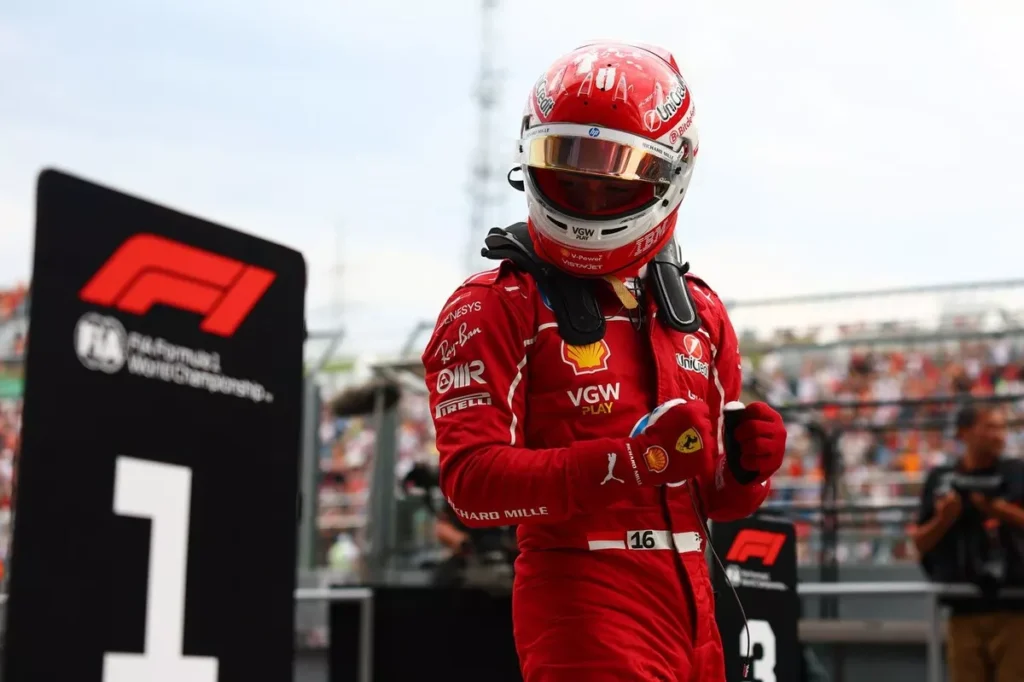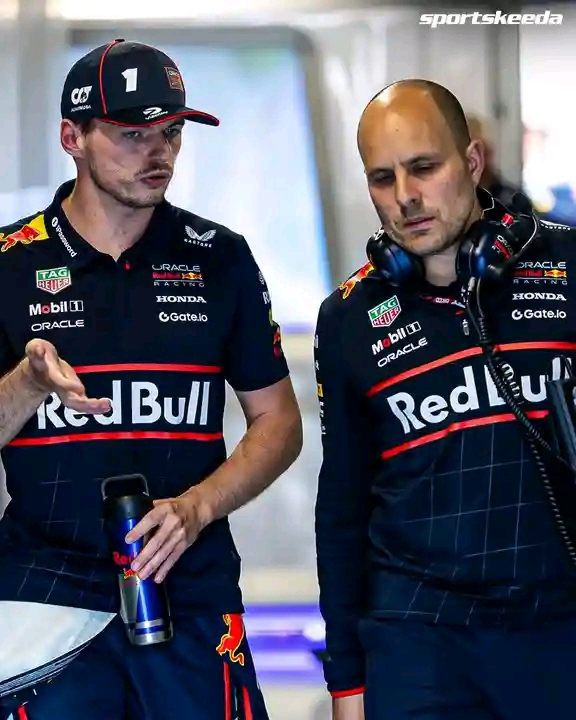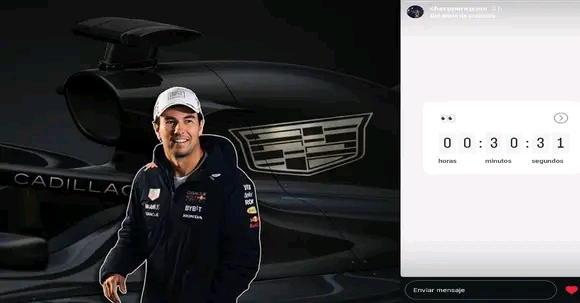
In Formula 1, the numbers speak volumes. Out of all world championship races held, 43.2% have been won from pole position—a testament to how critical qualifying pace can be. Since Charles Leclerc’s debut in 2018, this success rate from pole has risen to over 50%. Interestingly, when Leclerc isn’t on pole, the conversion rate jumps even higher to 56.6%. This trend highlights a curious pattern in Leclerc’s career: while he’s a prolific qualifier with 27 poles—more than legends like Hakkinen, Lauda, and Piquet—he’s only turned five of those into victories. This puzzling conversion rate invites a deeper dive into the key races where promising starts didn’t translate into wins.
One of the earliest examples came at the 2019 Bahrain Grand Prix. Leclerc led dominantly from the front until a late-race engine issue struck on lap 47, dropping him from first to third behind both Mercedes drivers. The Austrian Grand Prix the same year saw a similar heartbreak. Leclerc was in control until Max Verstappen made a bold overtake just three laps from the finish, relegating the Ferrari man to second despite a commanding performance. In contrast, Leclerc secured his maiden F1 victory in Belgium that year, keeping Lewis Hamilton at bay for an emotional win, just a day after the tragic death of Anthoine Hubert at Spa.
Leclerc’s high points continued at the 2019 Italian Grand Prix, where he gave Ferrari a cherished home victory in Monza, fending off a late charge from Valtteri Bottas. However, the momentum didn’t last long. In Singapore, although starting from pole, Leclerc was undercut by his teammate Sebastian Vettel during the pit stop phase, and despite his efforts, he had to settle for second place. A week later in Russia, Leclerc again led early on but lost out due to team strategy and a well-timed virtual safety car that benefited Mercedes. Despite Vettel’s retirement, Leclerc couldn’t recover and finished third.
The Mexican Grand Prix that season added to the list of near-misses. A questionable two-stop strategy combined with a slow pit stop hampered his chances. Despite being in the mix, he ended up fourth, less than seven seconds from the winner. It was yet another race where pole position did not equal victory. Fast forward to 2021 in Monaco, Leclerc put his car on pole but crashed at the end of qualifying. Ferrari chose not to change the gearbox to avoid a penalty, but a driveshaft issue—likely stemming from the crash—meant he couldn’t even start the race, turning what should have been a dream home Grand Prix into a bitter disappointment.
Leclerc’s record shows a consistent ability to extract maximum speed on Saturdays, but Sundays have often told a different story. Whether due to mechanical issues, strategic missteps, or sheer bad luck, his pole-to-win conversion rate remains unusually low for a driver of his calibre. It paints the picture of a talented racer frequently let down by circumstances beyond his control. Until those elements align more often, Leclerc’s pole statistics will remain a bittersweet symbol of untapped potential.



